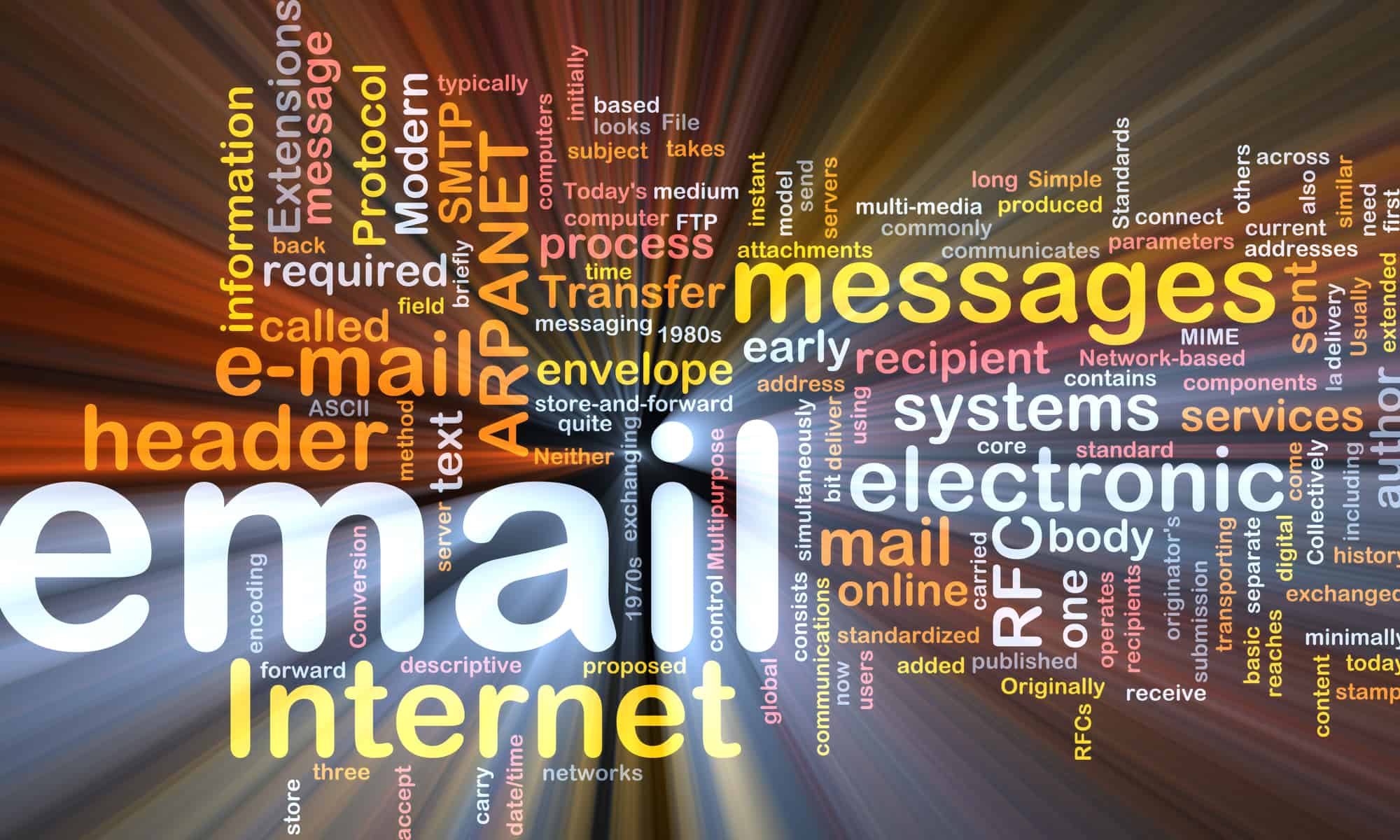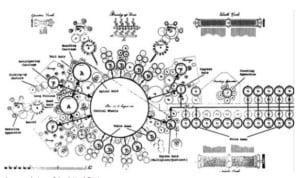What is the Internet? Here’s a Complete Explanation
The internet is a revolutionary communication and networking technology that has allowed individuals across the globe to communicate, connect, buy, and sell. It represents a significant milestone in the timeline of technology and continues to be updated.
The exact birthdate of the internet is open to debate. Nikola Tesla and other thinkers in the early 1900s conceived of a wireless system that could connect machines around the world. The first prototype recognized wide-area computer network, ARPANET, sometimes mistakenly referred to as DARPANET, became a reality in 1969. For others, however, the official start of the internet was in 1983, when Transfer Control Protocol/Internetwork Protocol (TCP/IP) first allowed a universal language for all networks to communicate. Today, the internet allows users to access web pages via the World Wide Web on desktop computers, laptops, smartphones, tablets, and many other devices through Wi-Fi signals, cellular signals, or a direct fiber-optic connection.
New methods of communication, commerce, and entertainment are continuing to be developed on the internet. The number of worldwide users reached approximately 4.5 billion in 2020, which was over half of the world’s population. There are many debates over whether the internet has an overall positive, negative, or neutral impact on the world. This global, dynamic network of networks allows users in countries around the world to access the World Wide Web to create and access web pages, social media posts, images, videos, and other content.

Information is transferred across the globe on the World Wide Web.
The Internet: An Exact Definition
The internet is a system architecture that allows computer networks to interconnect. Often called a “network of networks,” the internet connects various networks to access the World Wide Web and other applications.
How Does the Internet Work?
The internet is the infrastructure that supports the web. While it started as small, localized networks of computers communicating together, it grew rapidly to include millions of devices. It includes both wired and wireless connections to streamline information processing, gathering, and sharing tasks.
The network connection works similarly to a smaller, localized one. When two computers are linked via a cable, like an Ethernet cable, or a wireless signal, like Wi-Fi or Bluetooth signals, they can send and receive information. More computers sending and receiving information require exponentially more cables and connection points or a router.
Routers
Routers work like a signaler to direct the flow of facts and information from one computer to another. There are currently billions of individual pages on the World Wide Web, so all that information is stored on servers rather than personal computers.
Servers
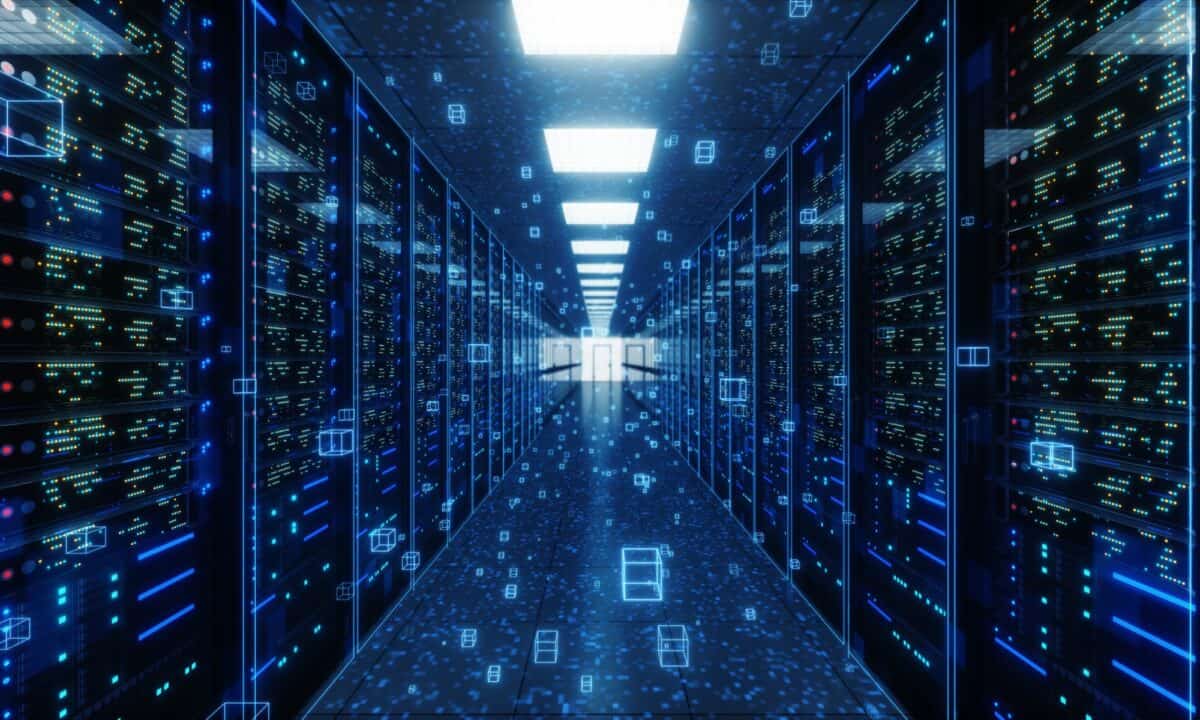
.
A server hosts and stores software and website files and information and allows them to be accessed by connected devices. Many servers allow any device to access web pages as long as they have an internet connection and send the correct HyperText Transfer Protocol (HTTP). This protocol is sent whenever users type in a URL or click on a link after performing a search on a search engine.
World Wide Web
The internet may not have been a household term without the World Wide Web. This popular application runs on the internet and allows virtually every daily interaction on the internet. From social media messages and emails to file transfers and e-commerce orders, the World Wide Web is the face of the internet that most people recognize.
Internet Service Providers
More commonly known as ISPs, service providers provide access to the internet and host web pages. They are usually connected to high-speed lines or other forms of internet access and offer internet access at monthly rates or as part of a data plan. Many use fiber-optic lines to maintain high speeds, while some in more rural areas use satellite connections or phone lines.
How Do You Create Pages on the Internet?
The internet wouldn’t be a very interesting or accessible network without the World Wide Web. The web is made up of websites and web pages that include text, images, videos, and other media. Some are static, which allows users to only view them, while others are dynamic. Dynamic pages allow users to add comments, alter layouts, and perform other interactive tasks.
Programming Languages
Websites are accessed through the internet but are created using one or more programming languages. Here are some of the most common programming languages used to write pages:
- JavaScript
- HyperText Markup Language (HTML)
- Cascading Style Sheets (CSS)
- Java
- Python
- SQL
- PHP
These languages are sets of rules that convey the functionality of a web page to computing devices. Some languages operate independently, while others work together to create web pages. Computing devices translate the string of code using an operating system and web browser to display text or graphics. There are many pros and cons of each programming language, so many are still popular among web developers.
Website Hosts
Most website owners don’t have the website information stored on their personal computers. Instead, web page information is transferred via the internet to a website host or web hosting service provider. This business uses a server to store the facts and make them available to anyone who has authorization and wishes to access the site. Websites are organized with domain names to help browsers and search engines find them.
Internet Browsers
These software applications allow personal and professional devices to access the World Wide Web through the internet. A browser is a window to the World Wide Web, allowing users to explore websites and applications without being familiar with programming languages. It converts strings of code and data into visuals for a dynamic, multimedia browsing experience.
Where Did the Internet Originate From?
The precise date that the internet began is difficult to pinpoint. This global network has seen many reiterations, updates, and improvements throughout the decades. It started as a series of local networks before becoming a global phenomenon. Follow the internet history below, from the 1960s until the most recent advancements.
ARPANET
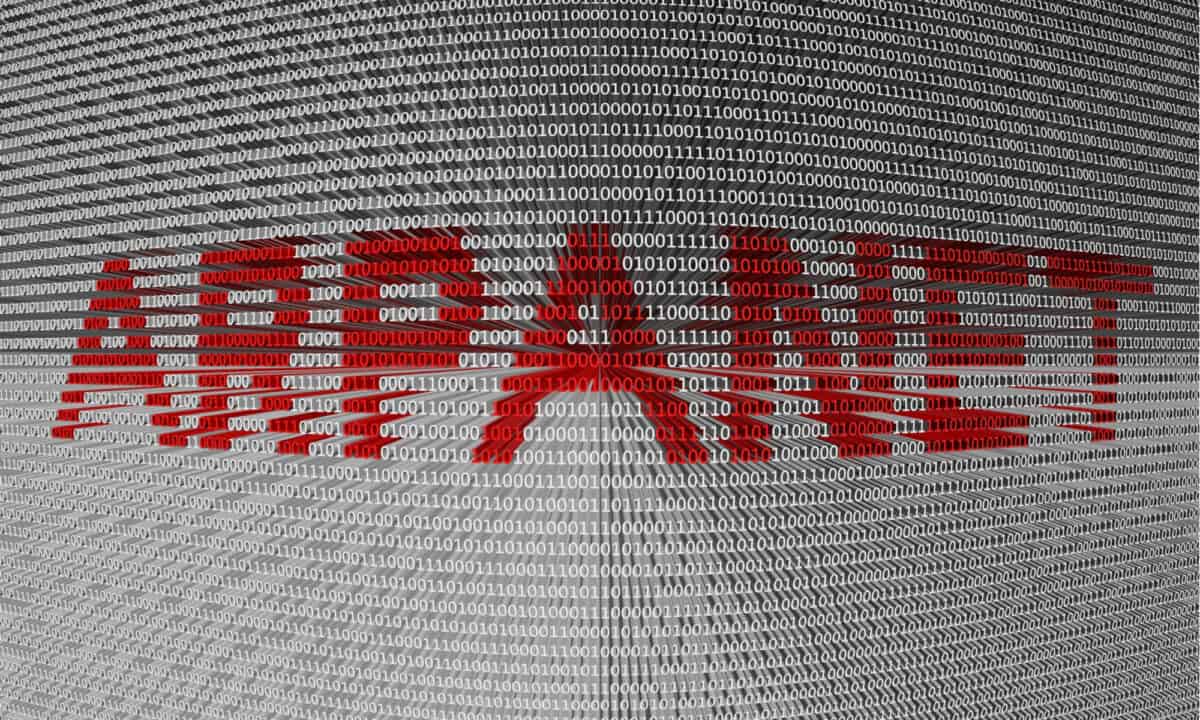
In 1962, computer scientists at MIT began working on the development of a groundbreaking network prototype. J.C.R. Licklider, Lawrence G. Roberts, Thomas Merrill, and Leonard Kleinrock are some of the notable contributors to this network connection. It started in the U.S. Department of Defense Advanced Research Projects Agency (DARPA), which gave it the name ARPANET, which is often mistakenly called DARPANET, and was officially launched in 1969.
While the goal was a global computer network, it contained less than 100 computing devices. By January 1973, for example, there were only 35 nodes connected through ARPANET. The number of connected hosts increased to 63 by 1976.
World Wide Web
The invention of HyperText Markup Language (HTML) and Uniform Resource Locator (URL) by CERN scientists, most notably Tim Berners-Lee, in 1989. This greatly expanded the networking ability of the internet. From Mosaic, regarded as the first web browser, to the more accessible Windows 95 by Microsoft, the World Wide Web created opportunities for many more users to access facts and opinions through the internet. This web development saw the growth of eBay, Amazon, and other web-based companies.
Vint Cerf and Robert Kahn are two other influential people in internet history and its timeline. Known as the “Fathers of the Internet,” Cerf and Kahn co-invented TCP/IP protocols at DARPA. This critical development allowed the internet to transition from a network of DARPA research computers to a global phenomenon.
Web 2.0
While there isn’t technically a new generation of the World Wide Web, Web 2.0 is a term that is used to describe the shift in web-based platforms and interactions. As the internet continued to grow, social media networks, video streaming services, and other interactive platforms were introduced. Around 2004, all of these changes were summed up by using the term Web 2.0 to redefine internet usability.
Web 3.0
The future predictions of the web are called Web 3.0. Innovators see Web 3.0 as a fully interactive, decentralized version of the web that operates using artificial intelligence and machine learning. Many believe that blockchain is the future of the internet and offers many benefits. Blockchain is where devices are not only part of a complex network connection but also use a public ledger that spans across the network. This promises to create a secure base for cryptocurrencies and Non-Fungible Tokens (NFTs) to be used as currency. Critics point out that there are pros and cons to the decentralization of the internet, as it may be more difficult to monitor or regulate illegal activities.
What Are the Applications of the Internet?
The internet is powered by several applications that allow users, and devices, to communicate and interact. The specific protocols vary but here are some basic ways that the internet is used.
Communication
Social media networks, email accounts, chatrooms, Voice over Internet Protocol (VoIP), and other communication methods can all be achieved online. These applications allow users to send written or spoken communication in real-time.
File Transfers
Sending and receiving files is one of the major benefits of the internet. These files, large or small, are separated into chunks of data called packets. Packets can move across networks through an ISP to arrive at the chosen recipient device. They can be sent through email or other channels.
Information Archives
In addition to sending and receiving personal files, the internet also hosts large repositories of information. Servers store huge databases worth of personal information, statistics, financial information, and more. From encyclopedias to past social media posts, this information is stored and retrieved using the internet.
Video and Music Streaming
Another one of the internet’s many benefits is sharing videos and music online. This can be performed through person-to-person sending or by an online streaming service. Some services charge a one-time or monthly fee to access these files, while others offer them for free but sell ads on the web page or as part of the video or music.
Examples of the Internet in the Real World
The internet has dramatically changed from the original network envisioned by Tim Berners-Lee, Bob Kahn, Vint Cerf, and other founders. The following are just a few examples of the many different ways the internet is used in the real world.
Search Engines
The online experience would feel like a maze without search engines. These software systems help users by crawling billions of pages to find what’s most relevant to a search query. The first search engine ever developed was Archie, created by Alan Emtage in 1990 as a school project. Next, WebCrawler became the first search engine to use full-text search.
Google, the search engine giant that accounts for over 70% of the current market share, wasn’t founded until 1998. It’s followed by Bing, Baidu, Yahoo, and other search engines.
Social Media
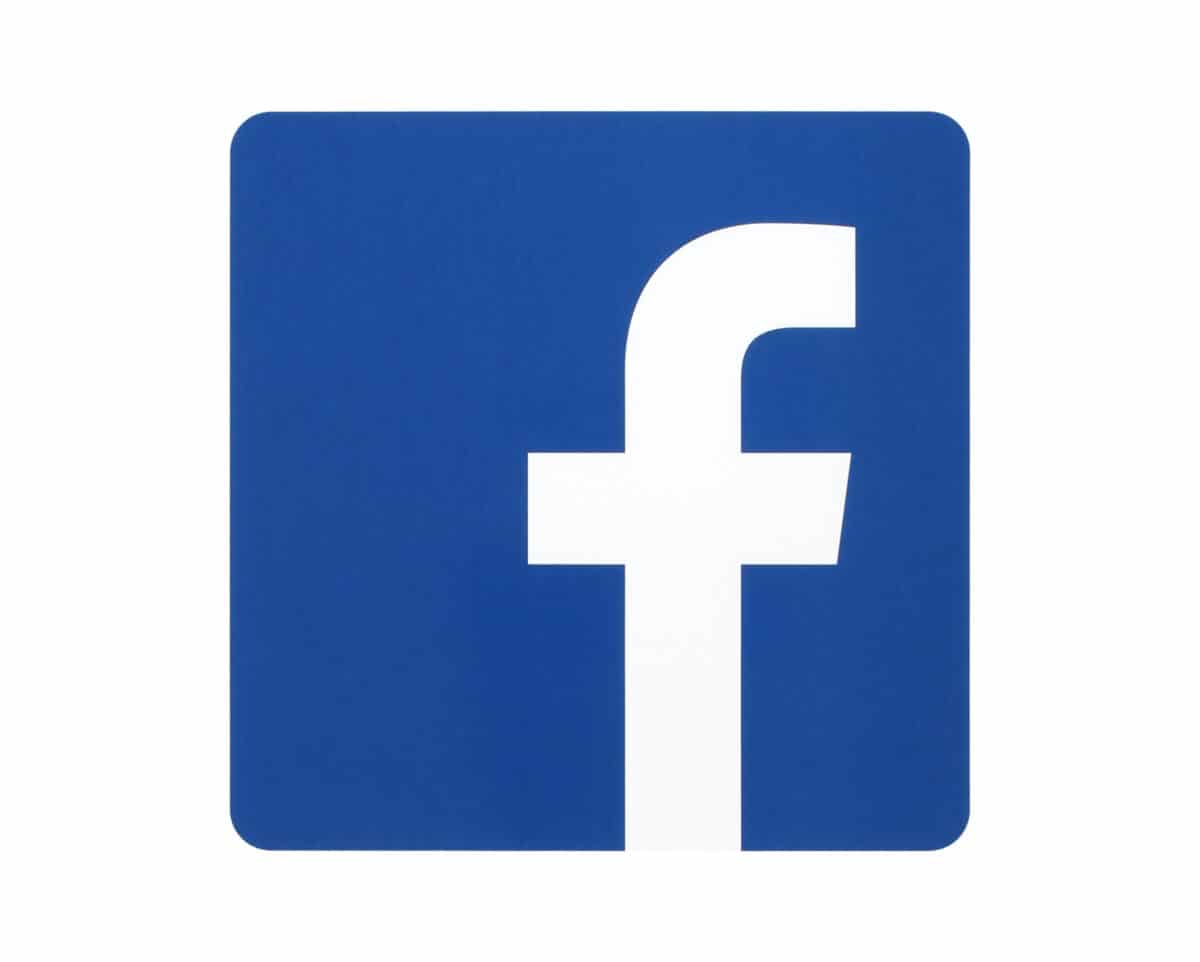
Community-based communication, article-sharing, and connections are just a few features that define social media networks. They’re particularly popular with smartphone users, who can easily check updates, send messages, and connect with friends and family. This category of websites accounts for a massive amount of web traffic. There were over 4.4 billion social media users worldwide in 2021, with Facebook being the most popular channel. As of 2021, it was the third most visited website in the world. Here are the most popular channels in the world:
e-Commerce
e-Commerce is the practice of buying and selling goods and/or services using the internet. As a worldwide market, it saw over $4.9 billion in sales in 2021. The first recognized e-commerce company was Boston Computer Exchange. This online market was launched in 1982 to help people sell used computers online. eBay and Amazon both launched in 1995 and soon became powerhouses in the e-commerce world.
Dangers of the Internet
For all the positive uses of the internet, there are dark sides to the web. The internet is capable of transferring many types of information across networks to many different devices. This can include accurate, helpful, and encouraging communication or offensive, misleading, bullying, explicit, or harmful communication. The internet hosts the dark web, where individuals carry out illegal activities, as well as countless cases of cyberbullying, malware distribution, intentional misinformation, and other legal and moral issues.
In 1996, Congress passed the Communications Decency Act to limit “obscene or indecent” messages to individuals under 18 years of age. It also sought to limit “patently offensive” materials. Many of the provisions were struck down in 1997 as unconstitutional but some remain. After reviewing the pros and cons, it was decided that some of the acts included too many limitations on free speech.
Looking to learn more about some of the first inventors associated with the internet? Here are a few to get you started:
- Ted Nelson
- Douglas Engelbart
- Leonard Kleinrock
- Paul Baran
- Donald Davis
- Joseph Carl Robnett Licklider
- Larry Roberts
- Charles Goldfarb
Up Next…
Let’s keep reading other articles about the internet and other related items.
- Web 2.0 vs Web 3.0: What’s the Difference? Are we currently in 2.0 or 3.0, or are we somewhere in between?
- The World Wide Web of Tim Berners-Lee. Let’s take a look at the man who originally coined the term.
- TCP/IP Protocol Suite Explained! This can be a little confusing, so we’ve broken down the details.
The image featured at the top of this post is ©Kheng Guan Toh/Shutterstock.com.
